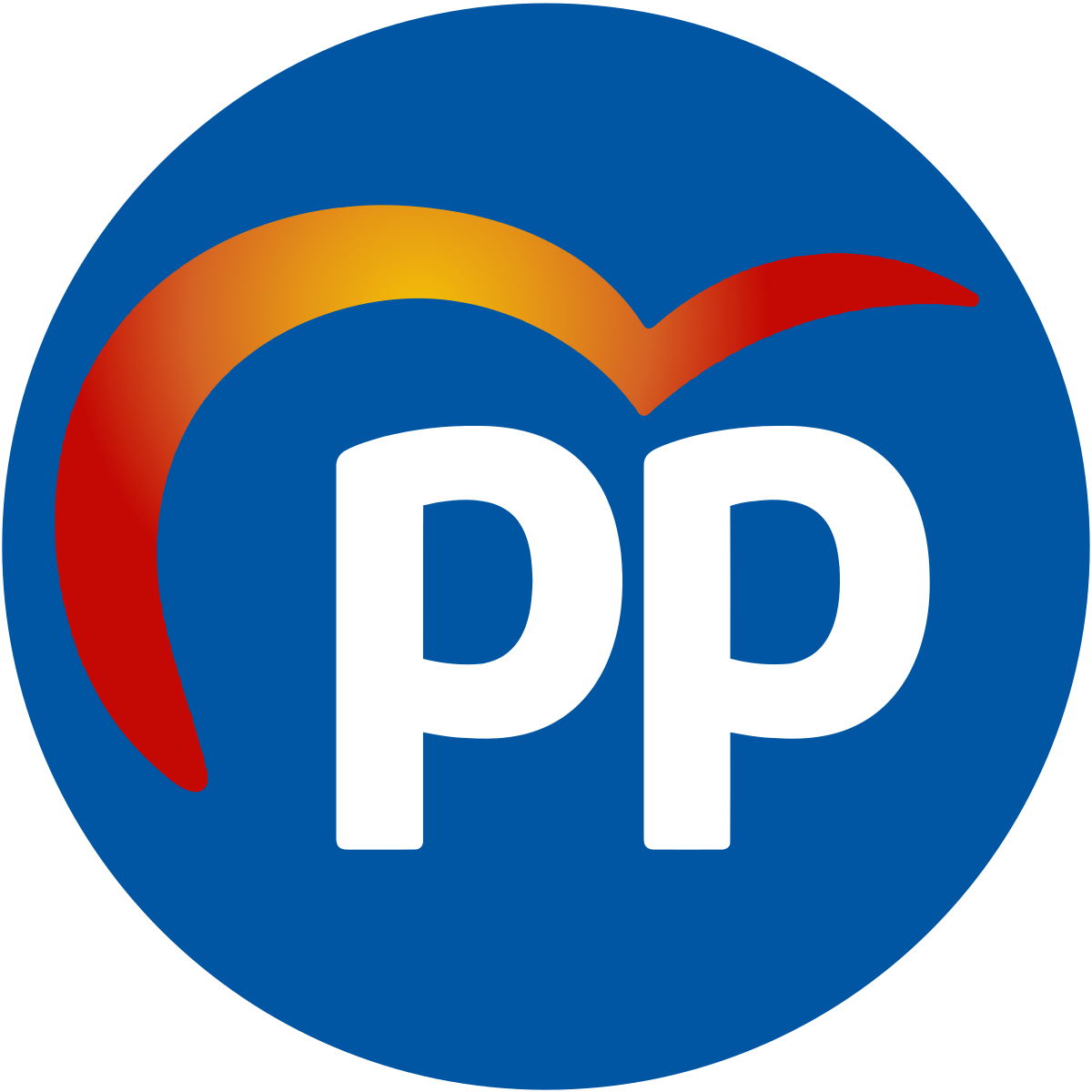Amid Omicron, nurses don't just need assistance. They need assistants.
- Political Plus

- Dec 11, 2021
- 2 min read
Covid-19 is pushing nurses, who were already in short supply, to the brink. Sandy Summers, an ICU nurse and the founder of The Truth About Nursing, says hospitals need to rethink the demands they make of those working in the primarily-female industry.
It’s no secret that U.S. nurses are under enormous stress. The Delta variant is driving a resurgence of Covid-19 cases, and the new Omicron variant is spreading fast. Some states are maxed out on their ICU beds and rationing care. In states like New Hampshire and Maine, authorities have called in the National Guard for additional help at hospitals.
What running out of ICU beds actually means is that we have run out of ICU nurses. Without nurses, an ICU bed is just a bed. So even if you arrive at the hospital suffocating from Covid, you may have to wait, or even die, because there are only so many people nurses can care for at once.
When nurses have more patients than they can safely care for, it costs patients their lives and drives nurses away from the bedside. Two-thirds of nurses are so exhausted they are considering leaving the profession. This disproportionately affects women, as 89 percentof registered nurses identify as female.
Ideally, hospitals would increase their nurse staffing levels. But nurses are a finite resource. Desperate hospitals are now paying travel nurses four or more times the average nurse salary to replace staff nurses who have fled the profession - or who have become travel nurses themselves. The U.S. Bureau of Labor Statistics projects that there will be about 195,000 RN job openings every year during this decade. One travel nurse agency, Aya Healthcare, is seekingto fill 53,000 travel nurse job openings right now.
Making sure patients don’t die from insufficient nursing care going forward means hospitals should rethink the demands they make of nurses today.
We could ease the shortage, improve patient care, and save money by providing support staff for nurses. That would enable nurses to focus on caring for patients, rather than burdensome tasks that do not require advanced health skills.
Comments